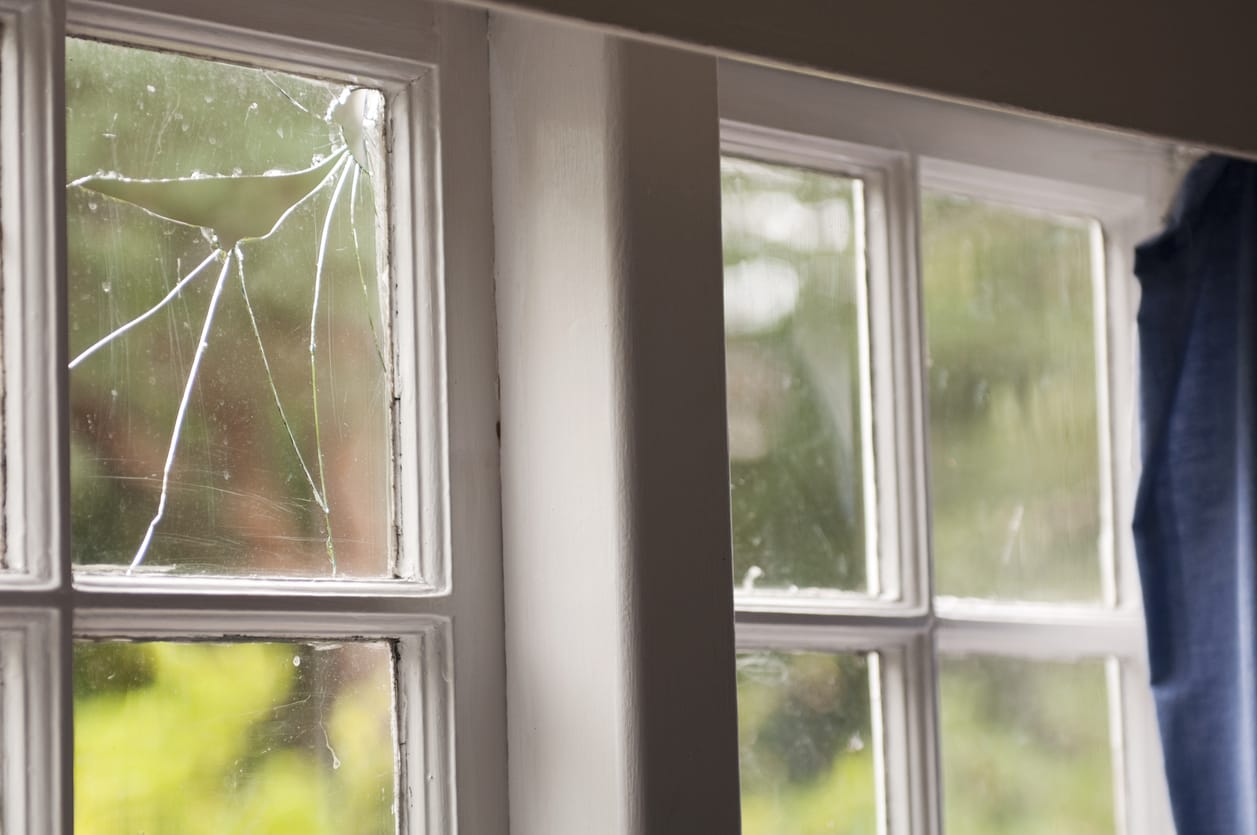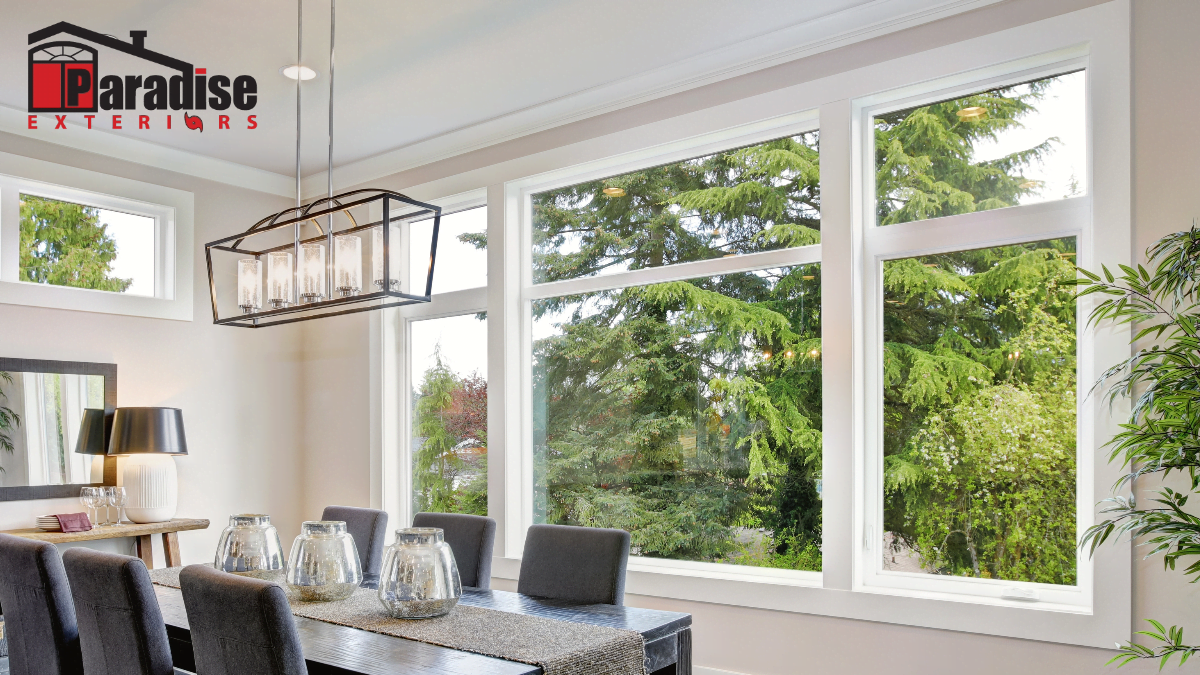Upgrade Your Home With Energy-Efficient Window Substitutes
In the world of home improvement, the decision to update to energy-efficient window substitutes can substantially affect both the capability and looks of a house (Houston Pella windows). As home owners seek methods to improve the performance and sustainability of their living areas, the selection of home windows plays an essential duty in attaining these goals. Past the surface level of plain appearances, energy-efficient home windows offer a plethora of benefits that go past simple visual appeal. With a careful choice procedure that takes into consideration various factors, from glass kinds to installation strategies, starting this home upgrade trip could prove to be a transformative venture.
Advantages of Energy-Efficient Windows

The setup of energy-efficient windows gives substantial financial savings on energy expenses while improving environmental sustainability. Energy-efficient home windows are designed to decrease heat loss and gain, minimizing the demand for home heating and cooling systems to burn the midnight oil. By efficiently insulating the home, these windows help keep a comfy indoor temperature level year-round, leading to lower power usage and decreased energy expenses. In addition, energy-efficient home windows can assist regulate wetness levels within the home, lowering the danger of mold and mold development.
Past the financial advantages, energy-efficient home windows add to ecological sustainability by decreasing carbon emissions related to power manufacturing. By decreasing energy usage, these windows assist minimize the ecological effect of lights, home heating, and air conditioning household areas. This reduction in power consumption plays an important function in combating climate modification and promoting a greener future for generations to come. In general, purchasing energy-efficient windows not just improves the convenience and efficiency of a home yet also lines up with environmentally mindful practices.
Sorts Of Energy-Efficient Glass
Different innovative types of energy-efficient glass deal one-of-a-kind residential properties that satisfy different demands and choices in enhancing the sustainability and efficiency of buildings. Low-emissivity (Low-E) glass is a popular choice developed to decrease the quantity of ultraviolet and infrared light that can go through the glass, thereby lowering warmth transfer. This kind of glass aids maintain a regular indoor temperature level, decreasing the demand for heating or cooling down systems, and ultimately lowering energy costs. An additional innovative alternative is spectrally discerning glass, which allows visible light to travel through while blocking specific kinds of infrared radiation. This assists in preserving a comfortable indoor atmosphere while minimizing heat gain. Triple-pane glass, including three layers of glass with shielding gas in between them, supplies enhanced thermal insulation, making it very energy-efficient. Additionally, self-cleaning glass with a special covering that damages down and loosens dust when revealed to sunlight can lower maintenance requirements and keep windows looking clean. Each kind of energy-efficient glass offers unique advantages, permitting home owners to pick the most appropriate option based upon their details requirements and objectives.
Factors to Think About When Choosing
When contemplating energy-efficient home window replacements, it is critical to meticulously assess specific elements that line up with your sustainability purposes and wanted power savings. One essential factor to consider is the home window's energy performance rankings, such as the U-factor and Solar Heat Gain Coefficient (SHGC) The U-factor actions just how well the window insulates, with reduced numbers indicating much better insulation, while the SHGC indicates the home window's capacity to obstruct warmth from sunshine. In addition, the window frame material plays a substantial role in energy performance. Products like fiberglass, vinyl, or timber with thermal breaks are exceptional selections for lowering warmth transfer. Another essential consideration is the home window design and orientation concerning sunshine direct exposure. Selecting the right window style and purposefully putting them can make best use of all-natural light while lessening warmth gain or loss. Lastly, setup high quality is vital to guaranteeing the home windows execute as planned. Appropriate installment helps avoid air leak, ensuring optimal energy efficiency. By thoroughly reviewing these variables, you can pick energy-efficient windows that improve comfort, lower power expenses, and benefit the environment.
Installment and Upkeep Tips

Normal upkeep is essential to protecting the effectiveness of your energy-efficient home windows. Inspect the home windows regularly for any indications of damages, sealant, or wear wear and tear. Clean the structures, tracks, and glass routinely using moderate soap and water to remove dust and grime that can impact efficiency. Inspect the weather-stripping and seals for any splits or spaces and change them if needed to preserve the windows' power performance.
On top of that, oil moving components such as hinges and locks to ensure smooth operation. By following these installment and upkeep tips, you can boost the power effectiveness of your home and extend the life-span of your energy-efficient home windows.
Cost-Benefit Evaluation of Updating

Energy-efficient home windows are made to reduce warm transfer, lowering the requirement for home heating and cooling systems to work overtime. This can lead to considerable cost savings on energy costs, specifically in areas with extreme temperature levels. In addition, energy-efficient windows can boost the general worth of your home, making it a lot more eye-catching to possible buyers if you decide to sell in the future.
When computing the cost-benefit evaluation, element in the possible cost savings on energy expenses, any offered rewards or discounts, and the my explanation life-span of the windows. While the preliminary expense might be higher, the long-lasting cost savings and benefits of energy-efficient windows make them a smart financial investment for property owners wanting to boost their residential or commercial property's power performance and value.

Conclusion
In verdict, upgrading to energy-efficient home window replacements supplies countless advantages such as lowered energy usage, increased comfort, and expense financial savings. By picking the suitable type of energy-efficient glass and thinking about variables like framework material and installment, homeowners can take full advantage of the effectiveness of their windows.
When pondering energy-efficient window replacements, it is essential to thoroughly analyze certain elements that line up like this with your sustainability objectives and preferred energy savings. The U-factor actions just how well the window protects, with reduced numbers suggesting much better insulation, while the SHGC indicates the window's ability to block warmth from sunshine. By meticulously examining these elements, you can choose energy-efficient windows that improve comfort, reduce power prices, and profit the environment.
While energy-efficient windows may have a higher upfront cost contrasted to conventional home windows, the lasting benefits often exceed the initial investment.In conclusion, upgrading to energy-efficient window replacements supplies numerous benefits such as minimized power intake, raised comfort, and price savings.